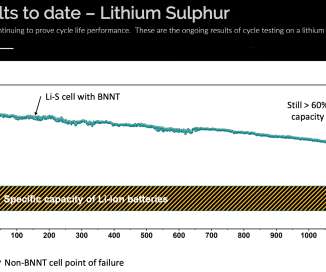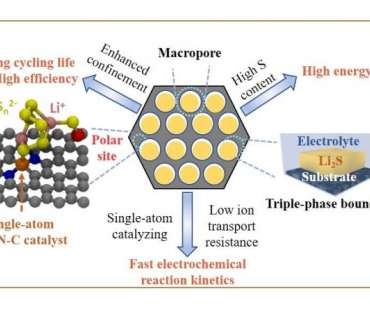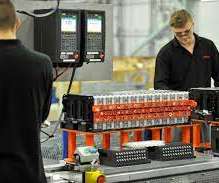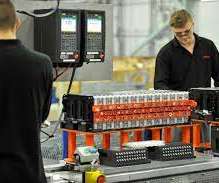Graphene oxide aerogel helps lithium-sulfur batteries reach new potential
Green Car Congress
APRIL 29, 2019
Researchers at Chalmers University of Technology, Sweden, have developed a free-standing reduced graphene oxide (r-GO) aerogel for use as a supporting electrode for the electrochemical redox reaction of sulfur in a catholyte-based lithium-sulfur battery. An illustration of the Chalmers design for a lithium sulfur battery.



























Let's personalize your content